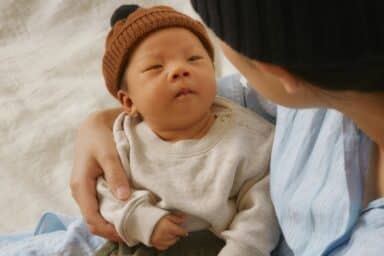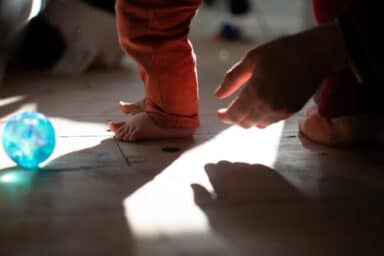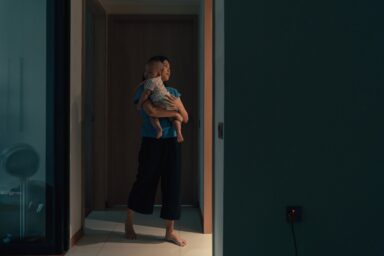Building a Secure Attachment Bond with Your Baby
Parenting tips for creating a strong attachment

This therapist directory is offered in partnership with BetterHelp. If you sign up for therapy after clicking through from this site, HelpGuide will earn a commission. This helps us continue our nonprofit mission and continue to be there as a free mental health resource for everyone.
Need to talk to someone now? Find a crisis helpline
If you're a BetterHelp therapist with questions about your directory listing, please contact therapists@betterhelp.com
We all want the best for our children and families, but parenting isn’t easy. These guides and resources can help you navigate common family challenges, build strong relationships with your children, and support their healthy development.
View FAQs
Parenting tips for creating a strong attachment



Helping your baby get the best possible start in life


How to bond with your stepchildren and handle stepfamily issues


The different ways of bonding and communicating with your infant

How to comfort and soothe a crying, upset, or colicky baby
